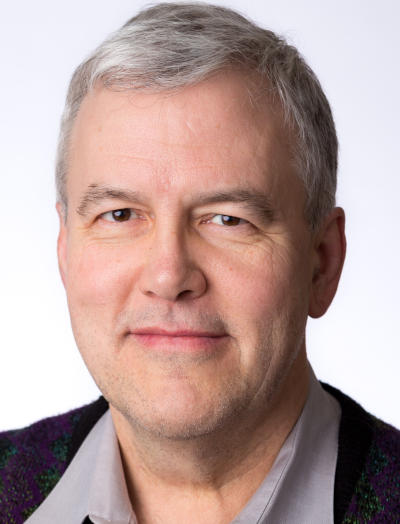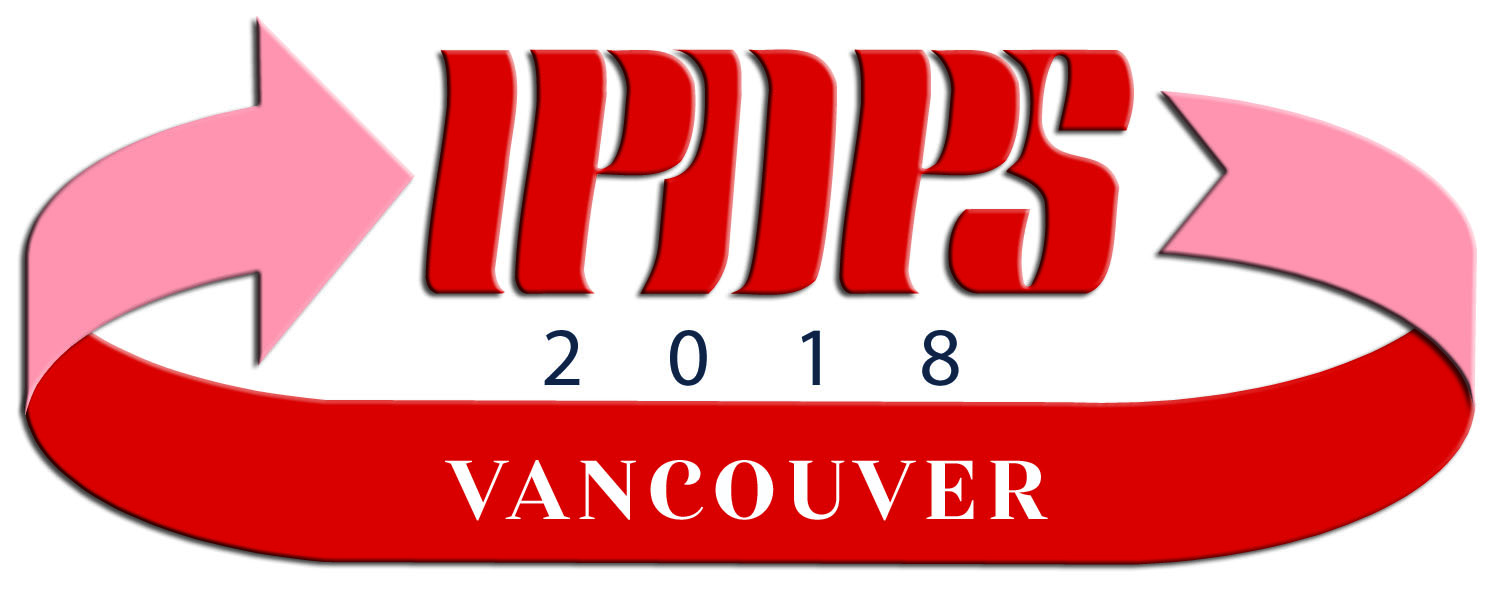|
The Eighth International Workshop on
Accelerators and Hybrid Exascale Systems (AsHES)
Join us on May 21st, 2018
Vancouver, British Columbia, Canada To be held in conjunction with 32nd IEEE International Parallel and Distributed Processing Symposium |
||
Opening Remarks
8:45 - 9:00 am
Keynote by Dr. Michael Wolfe
9:00 - 10:00 am
Will Accelerators and Hybrid Systems Succeed This Time Around?
Michael Wolfe, NVIDIA, USA
Abstract:
 Accelerated systems have been around in HPC for 50 years or more. IBM produced
the 2938 Array Processor for mainframes in 1969, and Floating Point Systems
developed the AP-120B array processor for minicomputers in 1976. Ten years
ago, the IBM PowerXCell coprocessor was used in Roadrunner, the fastest machine
in the TOP500 list. Yet, repeatedly, the improved performance from each
accelerator was eventually obviated by faster and more capable CPUs.
Accelerated systems have been around in HPC for 50 years or more. IBM produced
the 2938 Array Processor for mainframes in 1969, and Floating Point Systems
developed the AP-120B array processor for minicomputers in 1976. Ten years
ago, the IBM PowerXCell coprocessor was used in Roadrunner, the fastest machine
in the TOP500 list. Yet, repeatedly, the improved performance from each
accelerator was eventually obviated by faster and more capable CPUs.
Now we see GPUs becoming common as compute accelerators, FPGAs achieving some
success, and other accelerator ASICs being designed for specific applications.
How do today's accelerators differ from the previous generations? What will it
take to make the current move to accelerators successful in the long term? Is
there something unique about the jump from petascale to exascale computing that
begs for accelerators? How will compilers and languages have to evolve for
these systems? We explore these questions and more.
Bio:
Michael Wolfe has worked on languages and compilers for parallel computing
since his days in graduate school at the University of Illinois in 1976. Along
the way, he cofounded Kuck and Associates, Inc. (since acquired by Intel),
tried his hand in academia at the Oregon Graduate Institute (since merged with
the Oregon Health and Sciences University), and worked on High Performance
Fortran at PGI (since acquired by STMicroelectronics, and more recently by
NVIDIA). He now spends most of his time as the technical lead for a team
that works to improve the PGI compilers for highly parallel computing, and in
particular for GPU accelerators.
Break 10:00 - 10:30 am
Session 1: Runtime Scheduling and Performance Analytics
10:30 am - 12:00 pm
Session Chair: Aparna Chandramowlishwaran, University of California, Irvine, USA
-
NVIDIA Tensor Core Programmability, Performance & Precision
Stefano Markidis, Steven Wei Der Chien, Erwin Laure, Ivy Bo Peng and Jeffrey S. Vetter -
Optimizing an Atomics-based Reduction Kernel on OpenCL FPGA Platform
Zheming Jin and Hal Finkel -
Leveraging Data-Flow Task Parallelism for Locality-Aware Dynamic Scheduling on Heterogeneous Platforms
Osman Seckin Simsek, Andi Drebes, Mikel Lujan and Antoniu Pop
Lunch 12:00 - 1:30 pm
Session 2: Algorithms and Applications
1:30 - 3:00 pm
Session Chair: Stefano Markidis, KTH Royal Institute of Technology, Sweden
-
Tacho: Memory-Scalable Task Parallel Sparse Cholesky Factorization
Kyungjoo Kim, H. Carter Edwards and Sivasankaran Rajamanickam -
Sorting Large Datasets with Heterogeneous CPU/GPU Architectures
Michael Gowanlock and Ben Karsin -
Improving Performance of Genomic Aligners on Intel Xeon Phi-based Architectures
Shaolong Chen and Miquel Senar
Break 3:00 - 3:30 pm
Session 3: Emerging Accelerator Architectures
3:30 - 4:30 pm
Session Chair: Jeffrey Young, Georgia Institute of Technology, USA
-
An Initial Characterization of the Emu Chick
Eric Hein, Tom Conte, Jeffrey Young, Srinivas Eswar, Jiajia Li, Patrick Lavin, Richard Vuduc and Jason Riedy -
Exploring the Vision Processing Unit as Co-processor for Inference
Sergio Rivas-Gomez, Stefano Markidis, Antonio J. Peña, David Moloney and Erwin Laure
Closing Remarks
4:30 pm
Copyright © ASHES. All rights reserved.
